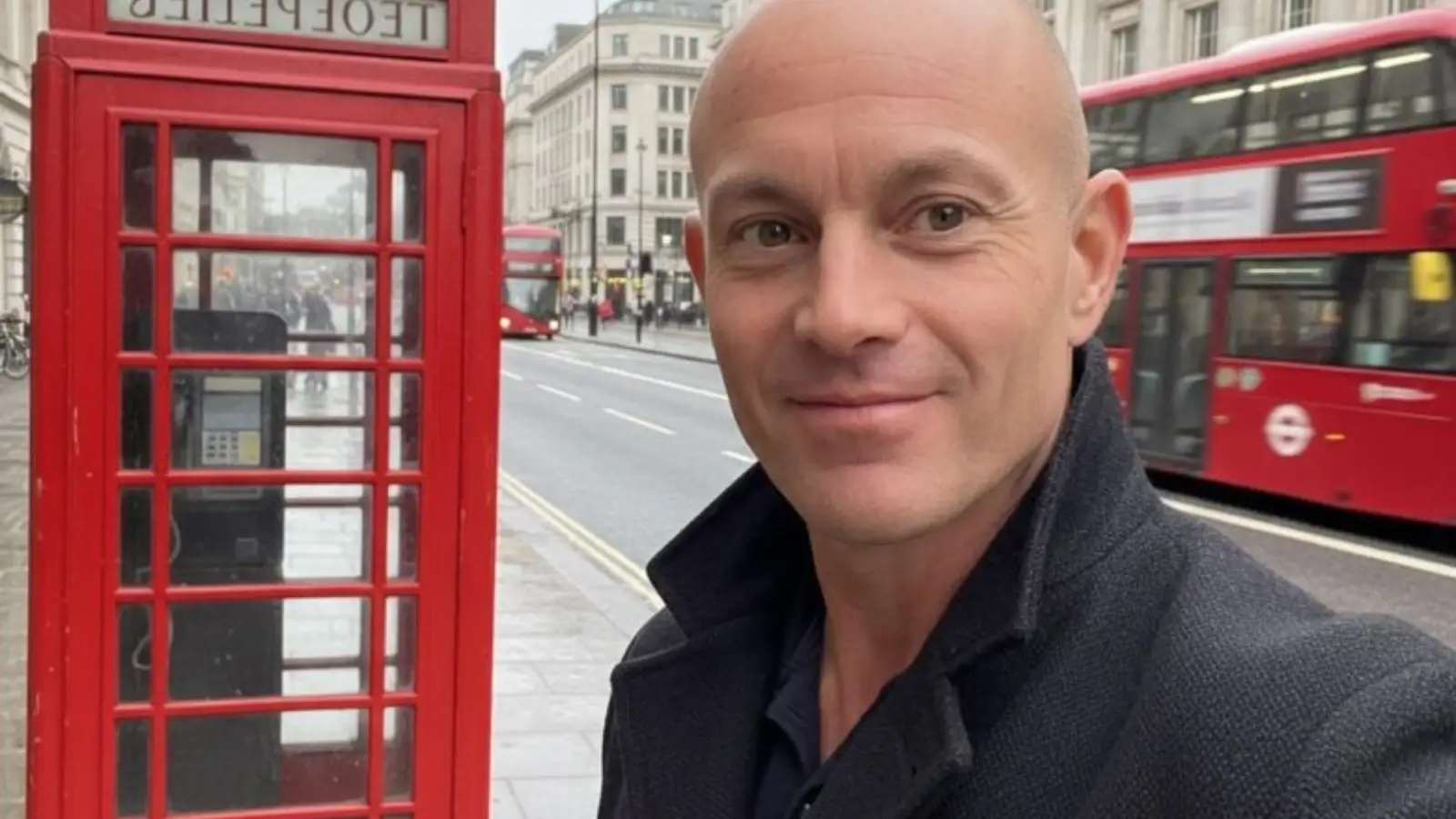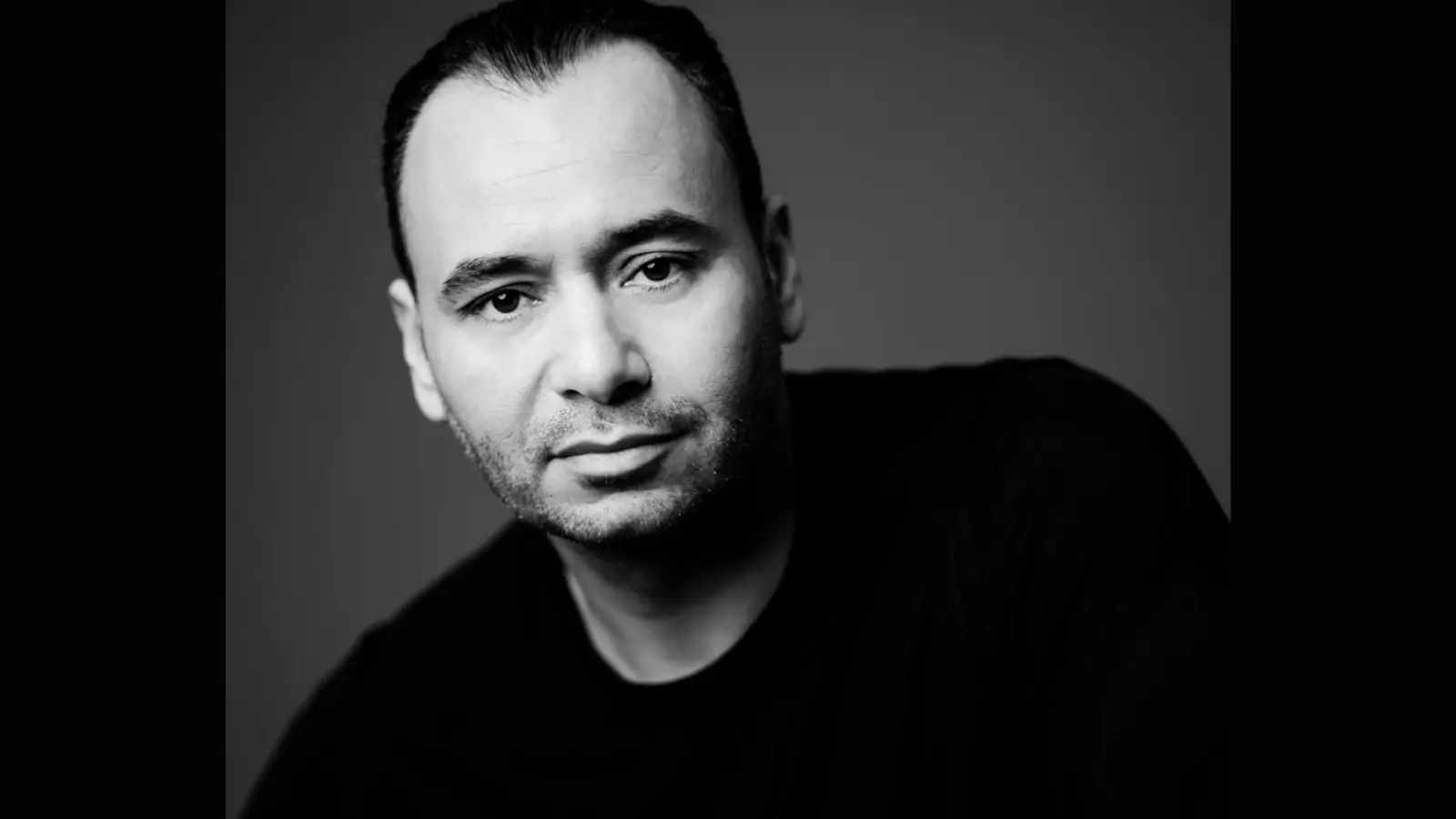In business, preparation is everything. Entrepreneurs forecast budgets, anticipate market shifts, and set long-term strategies to keep their companies running smoothly. Yet many overlook one critical form of preparation, planning for the inevitable costs that come at the end of life. While it might not be the most exciting business topic, taking a strategic approach to financial planning now can protect both your company and your loved ones from unnecessary stress later.
Whether you’re building your first startup or managing an established brand, being proactive about your personal and professional finances is one of the smartest investments you can make. Here’s how thinking ahead, even about complex topics, can keep your business and family on solid ground.
Why Business Owners Understand Planning Better Than Most
Entrepreneurs are natural planners. You forecast sales, allocate budgets, and make decisions based on both risk and reward. That same mindset can, and should, apply to how you approach financial preparedness.
Running a business requires long-term vision and adaptability. Financial planning isn’t all that different. You start small, reinvest profits wisely, and build a stronger foundation over time. Just as you’d diversify revenue streams or prepare for slow seasons, setting aside resources for the future ensures stability through every stage of life.
Life, after all, is the ultimate long-term venture. The more you prepare for it, the smoother it runs, both in business and beyond.
The Reality of Final Expenses and Business Continuity (and Why They Matter for Business Owners)
It’s easy to think that end-of-life costs are something to worry about much later in life. But early preparation is what separates successful business owners from reactive ones. Funeral expenses, medical bills, and related costs can quickly add up, and without a plan, they may impact both your family and your business’s financial stability.
By planning ahead, you protect your loved ones and any employees or partners who rely on you. Setting aside funds or obtaining the right coverage ensures continuity for your business operations and peace of mind for everyone involved.
Turning Strategy Into Sustainability: Building Your Financial Health
Think of financial preparedness as a business strategy in action. Every smart decision compounds over time and strengthens your overall foundation. You don’t build a profitable business overnight, you do it through consistency and sound decision-making.
Here are a few ways to ensure your finances (and business) are future-ready:
1. Automate Your Wins
Automate savings and recurring transfers so you stay consistent. Just like setting up auto-pay for vendors or payroll, automation keeps progress steady without extra effort.
2. Track Your Metrics
You wouldn’t run a company without monitoring KPIs. Apply the same principle to your personal and business finances. Tools like QuickBooks or Mint can help you stay on top of expenses and cash flow.
3. Diversify Your Loadout
Avoid relying on a single source of income. Multiple revenue streams, investments, and savings accounts create flexibility and resilience for both your company and your personal life.
4. Anticipate the Unexpected
Market dips, health issues, or sudden expenses can appear at any time. An emergency fund or insurance policy can keep your operations stable when the unexpected hits.
The Hidden Costs of Inaction
If you neglect updates in your business systems, performance suffers, and the same goes for financial planning. Without preparation, the cost of inaction can be significant.
Unexpected end-of-life expenses can affect your savings or business continuity. By planning in advance, you protect your assets, ensure your business remains secure, and relieve your family and team from additional stress.
Making Financial Planning Part of Your Business Culture
Money conversations are never easy, especially when they involve the future. But just as you’d create a succession plan or discuss company strategy, addressing financial preparedness early can prevent confusion later.
Here are some ways to normalize it:
- Start with shared goals. Include both family and key partners in the conversation.
- Keep it professional. Focus on precise numbers, policies, and continuity plans.
- Document everything. Ensure your will, insurance information, and ownership details are stored securely and accessible to those who need them.
Having these plans in place can make all the difference, just like a strong business continuity strategy during uncertain times.
Tools to Make Planning Easier for Entrepreneurs
Planning for the future doesn’t have to be complicated or time-consuming. With modern digital tools, business owners can manage both company and personal finances efficiently.
Some helpful resources include:
- Insurance comparison tools: Find affordable coverage that fits your situation.
- Financial management apps: Track revenue, expenses, and savings progress.
- Legal document templates: Streamline estate and succession planning.
Treat this process like updating your business systems, a one-time setup that protects your operations for years to come.
Why It’s Worth the Effort
Preparing for the future doesn’t mean expecting the worst; it means running your business responsibly. The best leaders anticipate risks before they happen and have systems in place to manage them. The same mindset applies to personal financial planning.
By dedicating time to plan now, you safeguard your legacy, ensuring that your family, employees, and partners aren’t left with uncertainty. It’s not morbid; it’s smart business.
When the time comes, those you’ve supported will appreciate your foresight and leadership.
Final Thoughts: Preparing for the Ultimate Transition
By planning ahead, both financially and operationally, business owners ensure lasting stability for their employees and families. Responsible planning safeguards jobs, sustains company momentum, and protects loved ones from sudden financial stress. Integrating financial foresight into your overall business strategy strengthens your legacy and demonstrates leadership that endures even in your absence.
Business owners understand that every venture has a lifecycle. You plan for growth, scalability, and eventual succession. Applying that same principle to your personal financial life ensures that both your company and your loved ones continue to thrive long after you’re gone.
It’s easy to postpone these conversations, but thoughtful planning now creates stability later. Consider it part of your long-term business strategy, one that honors your hard work and provides security for everyone who depends on you.
After all, in both business and life, the best leaders always think one step ahead.

















